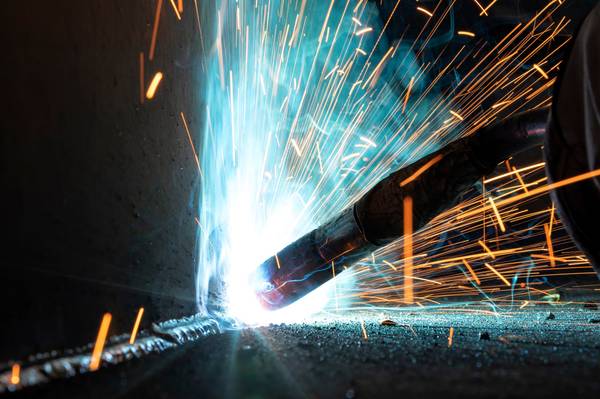
Why is experience important in ironworking?
Posted on October 12th, 2023
Share This Article
Experience in ironworking is important for several reasons, and it plays a crucial role in ensuring the quality, safety, and efficiency of iron-based construction and fabrication projects. Here are some key reasons why experience in ironworking is valued:
- Quality Workmanship: Experienced ironworkers have a deep understanding of the materials and techniques used in ironworking. They can produce high-quality products, whether it’s a decorative iron gate, a structural beam, or intricate metalwork.
- Safety: Ironworking involves working with heavy materials, equipment, and tools. An experienced ironworker is well-versed in safety protocols, minimizing the risk of accidents and ensuring that projects are completed safely.
- Efficiency: Experienced ironworkers are often more efficient in their work. They can complete tasks more quickly and effectively, reducing project timelines and costs.
- Problem Solving: Ironworking projects can present unexpected challenges and issues that require problem-solving skills. Experienced ironworkers are better equipped to identify and address these challenges effectively.
- Adaptability: With experience, ironworkers develop the ability to adapt to changing circumstances or unexpected issues during a project. This adaptability is crucial in ensuring that projects stay on track.
- Knowledge of Materials: Experienced ironworkers have a deep knowledge of different types of iron and steel, as well as other materials often used in construction and fabrication. They can choose the right materials for the job, ensuring durability and longevity.
- Precision and Accuracy: Many ironworking projects require a high degree of precision and accuracy. Experienced ironworkers have the skills to measure, cut, and shape materials with precision, leading to well-finished products.
- Welding and Joining Skills: Ironworking often involves welding and joining various components together. Experienced ironworkers are skilled in welding techniques, ensuring strong and secure connections.
- Understanding of Regulations: Experienced ironworkers are typically familiar with building codes, safety regulations, and industry standards, which is essential for ensuring compliance with legal requirements.
- Collaboration: In many construction and fabrication projects, ironworkers need to collaborate with other professionals, such as architects, engineers, and contractors. Experience in working within a team and understanding the broader project goals is valuable.
- Innovation and Creativity: Experienced ironworkers can bring innovative and creative solutions to projects, whether it’s in the design, fabrication, or installation phases.
- Longevity of Projects: When ironworking is done by experienced professionals, the projects tend to have a longer lifespan due to the high quality of work and attention to detail.
In summary, experience in ironworking is vital for achieving the desired quality, safety, and efficiency in construction and fabrication projects involving iron and steel. It’s not just about technical skills but also about the ability to adapt, solve problems, and ensure that projects meet or exceed industry standards and client expectations.




